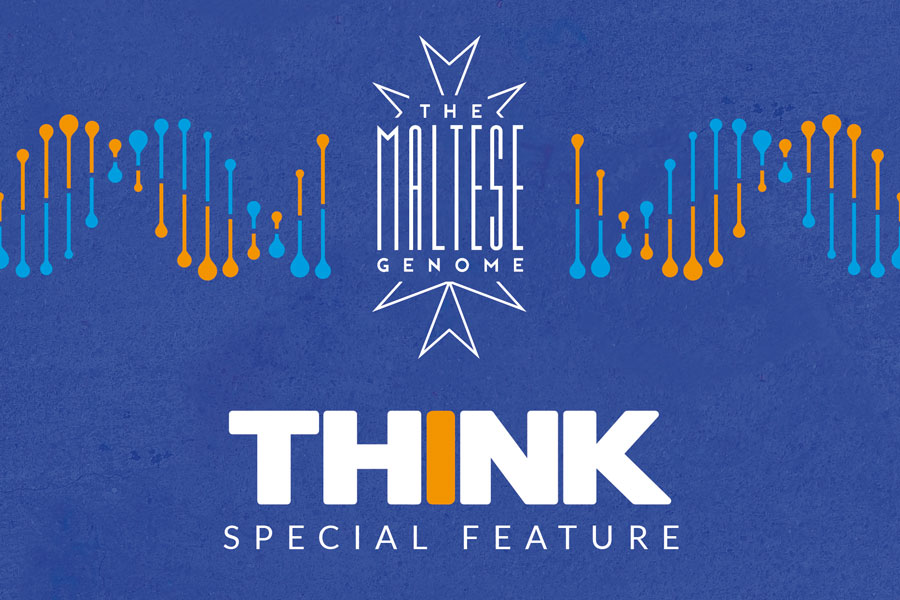DNA is what life is made of. Found in every cell of the human body, it has sent criminals to jail and been the focus of controversial court cases. Dr Jean Buttigieg discusses these legal and ethical issues. DNA has also transformed the meaning of being human, with traits from disease to intelligence all linked to it. DNA is changing the world.
Malta has not lagged behind in genetics research. One of the largest local research groups has been investigating for decades the genetics behind haemoglobin switching and the blood disorder thalassaemia. Their research is recognised worldwide. They recently discovered a mutation, in some Maltese families, that led them to a master regulator that could help bone marrow alleviate the disease. They are trying to turn this knowledge into a treatment for sufferers worldwide. In the worst cases thalassaemia is fatal.
Another large scale study is looking into heart disease. The mortality rate in Malta is higher than the European average. This is partly our lifestyle but there is also a genetic component. The Maltese Acute Myocardial Infarction (MAMI) study is focused on finding the genetic component behind three key heart-disease related problems.
The local studies on Maltese genetics are very ambitious. They have already partially sequenced tens of people and plan to map the genomes of 4,000 Maltese people, around 1% of the population. Malta would suddenly become one of the best genetically documented in the world. This research has already borne fruit with a public health genomics database, a biobank, and the origin of the current Maltese population finally nailed.
The Malta Human Genome Project (MHGP—Grant Agreement R&I 2013-041) is funded by the Malta Council for Science and Technology in the Health & Biotechnology sector. Research consortium lead: University of Malta.
Partners: Mater Dei Hospital, Erasmus MC, Rotterdam, The Netherlands and Complete Genomics Inc., California, Silicon Valley, USA.





Comments are closed for this article!